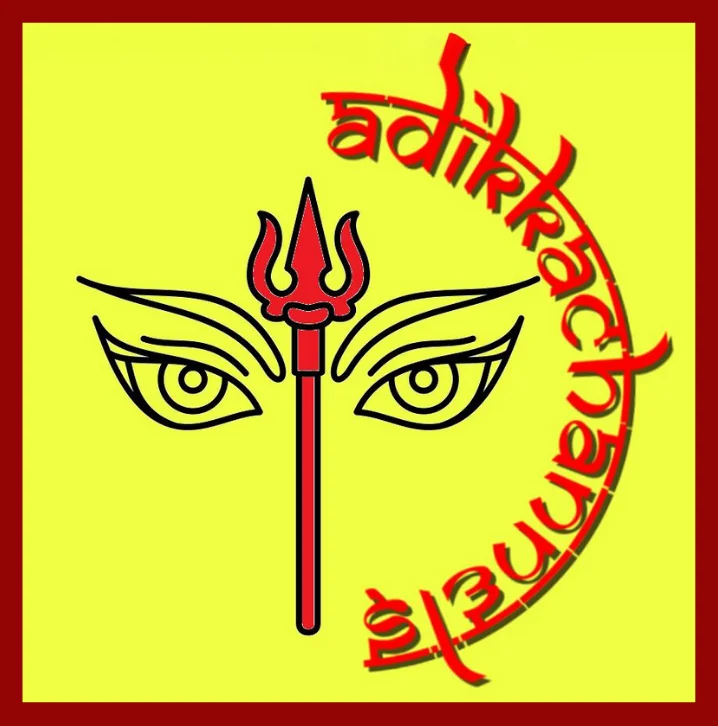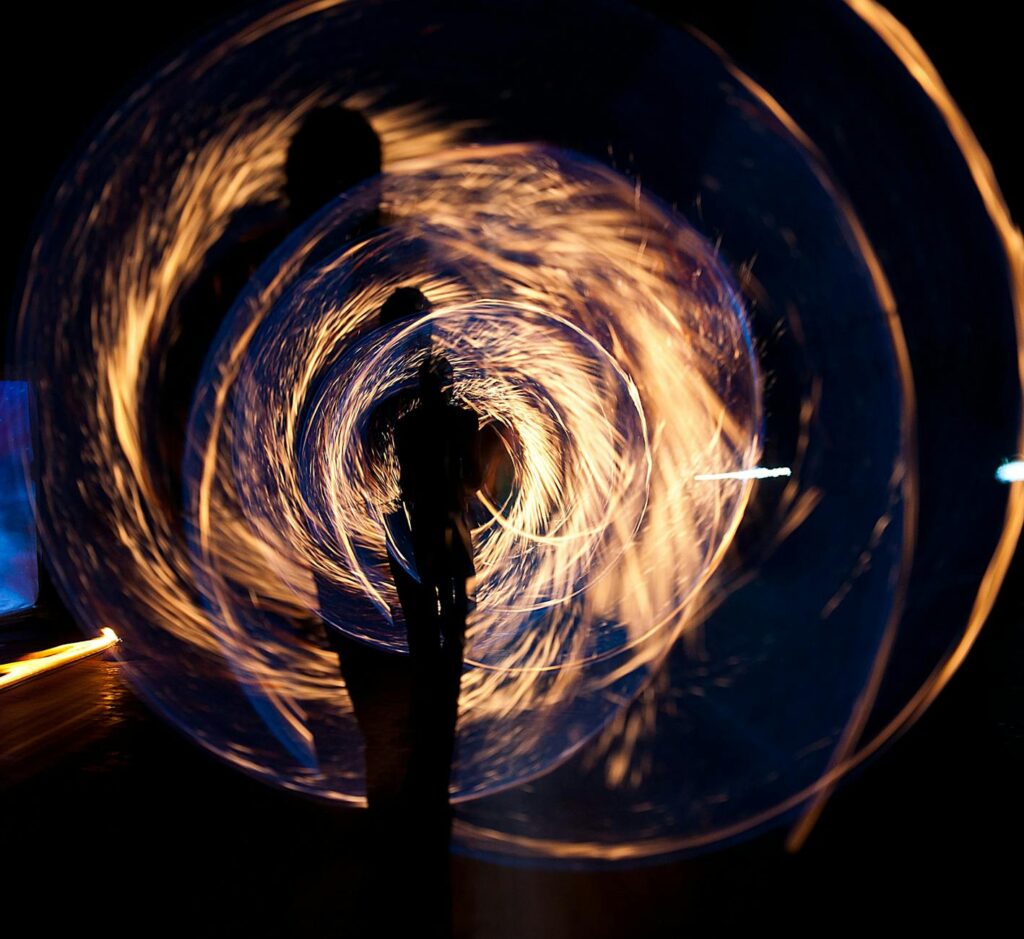In a distant realm embraced by celestial serenity, there bloomed an enchanting garden. Its vibrant flora, nurtured by the cosmic energies, radiated a harmony that echoed through the cosmos. Within this haven of beauty, a peculiar trio, comprising a wise jackal named Varun, an ambitious rooster named Kavi, and a cunning cat named Maya, played pivotal roles in a cosmic drama unbeknownst to them.
The Garden of Cosmic Harmony
The garden, under the watchful gaze of a wise old banyan tree, thrived in perpetual balance. Its inhabitants, diverse and enchanted, coexisted in a dance choreographed by the cosmic forces. Varun, the jackal, spent his days contemplating the rhythms of nature, while Kavi, the rooster, reveled in the attention his morning crow garnered. Maya, the cat, with her feline grace, observed the garden as her personal hunting ground.
The Seeds of Lust
One fateful day, a celestial event infused the garden with an extraordinary energy. Unbeknownst to the trio, the alignment of cosmic forces triggered the birth of a peculiar seed—the seed of lust. As the seed nestled itself in the fertile soil, an unseen transformation began to unfold.
Varun, guided by his inherent wisdom, sensed the subtle shift in energies. Kavi, the rooster, felt an unusual surge in his territorial instincts, while Maya, the cat, experienced a newfound craving for dominance. The celestial seed, born of the material modes of passion, was casting its enchantment over the garden.
The All-Devouring Force
The seed, now a burgeoning plant, unfurled its leaves, exuding an enchantment that swept through the garden. Lust, born of the cosmic dance, began to manifest as possessiveness, territorial disputes, and a hunger for dominance. The trio, once harmonious, found themselves entangled in the web of this all-devouring force.
Varun, though wise, felt a subtle restlessness in his thoughts. Kavi’s morning crow transformed from a joyful proclamation to a territorial decree, and Maya, the once aloof cat, felt an insatiable urge to establish her dominance. The cosmic harmony that once embraced the garden now quivered under the influence of lust’s transformative power.
The Sinful Entanglement
As lust’s influence intensified, the trio became entangled in a web of sinful actions. Varun, driven by restlessness, found himself drawn into territorial conflicts. Kavi’s once melodious crow became a battle cry of possession, and Maya’s cunning evolved into a sinister quest for dominance. The sinful enemy, as described by the Blessed Lord, had cast its shadow upon the once-harmonious garden.
The celestial energies that once nurtured the flora now witnessed a cosmic struggle—a struggle born of the transformative power of lust. The trio, unwittingly ensnared, faced the consequences of their actions in the cosmic drama unfolding in the enchanted garden.
The Cosmic Intervention
Witnessing the turmoil in the garden, the wise banyan tree—a silent observer of cosmic affairs—decided to intervene. Through whispers carried on the cosmic winds, the tree conveyed the essence of the Blessed Lord’s teachings to the trio. Varun, Kavi, and Maya, in their moments of reflection, began to recognize the illusory nature of their actions.
The seed of lust, now a towering plant, cast a shadow over the garden. However, the cosmic intervention sparked a realization within the trio—the recognition that lust, when unchecked, transforms into wrath and becomes the all-devouring enemy of cosmic harmony.
The Transformative Journey
Guided by the wisdom of the banyan tree, Varun, Kavi, and Maya embarked on a transformative journey. They delved into the teachings of detachment, selfless action, and the illusory nature of material modes. The cosmic dance, once disrupted by the force of lust, now witnessed a subtle shift—a journey of self-discovery and redemption.
Varun, in embracing detachment, found solace in the simplicity of existence. Kavi, through selfless actions, transformed his territorial cries into harmonious melodies, and Maya, in relinquishing her quest for dominance, discovered the joy of coexistence. The garden, once marred by the sinful entanglement, now resonated with the echoes of cosmic harmony.
The Harmony Restored
As the trio walked the path of self-realization, the celestial seed of lust, once towering, began to wither. Its influence over the garden waned, and the cosmic forces, now harmonized by the transformative journey, restored the enchanted realm to its pristine state.
Varun, Kavi, and Maya, having transcended the illusory grasp of lust, stood beneath the wise banyan tree. The tree, its branches weaving into the cosmic tapestry, acknowledged the trio’s journey of self-discovery. The once-enchanted garden now emanated a harmony that transcended the transformative influence of lust.

The Cosmic Dance Continues
The garden, having weathered the storm of lust and emerged unscathed, continued its cosmic dance. The trio, now enlightened by the teachings of the Blessed Lord, became stewards of cosmic harmony. Varun, Kavi, and Maya, having realized the illusory nature of lust, embraced a life of selfless coexistence.
As the celestial energies caressed the flora and fauna, the enchanted garden stood as a testament to the timeless wisdom embedded in the cosmic dance. The transformative journey of Varun, Kavi, and Maya echoed through the cosmic realms, inspiring beings to transcend the illusions of material modes.
The Eternal Wisdom
In the tranquil embrace of the garden, Varun, Kavi, and Maya, now enlightened souls, shared the eternal wisdom with the inhabitants. The cosmic dance, though punctuated by celestial events, continued in perpetual harmony. The trio, having transcended the transformative power of lust, became guardians of the enchanted realm—a realm where the illusory forces of material modes bowed to the eternal dance of cosmic harmony.
Bhagavad Gita: 3.37
śrī-bhagavān uvāca
kāma eṣa krodha eṣa
rajo-guṇa-samudbhavaḥ
mahāśano mahā-pāpmā
viddhy enam iha vairiṇamśrī bhagavān uvāca—the Personality of Godhead said; kāmaḥ—lust; eṣaḥ—all these; krodhaḥ—wrath; eṣaḥ—all these; rajo-guṇa—the mode of passion; samudbhavaḥ—born of; mahā-śanaḥ—all-devouring; mahā-pāpmā—greatly sinful; viddhi—know; enam—this; iha—in the material world; vairiṇam—greatest enemy.
The Blessed Lord said: It is lust only, Arjuna, which is born of contact with the material modes of passion and later transformed into wrath, and which is the all-devouring, sinful enemy of this world.
Discover more from AdikkaChannels
Subscribe to get the latest posts sent to your email.







































 RSS - Posts
RSS - Posts